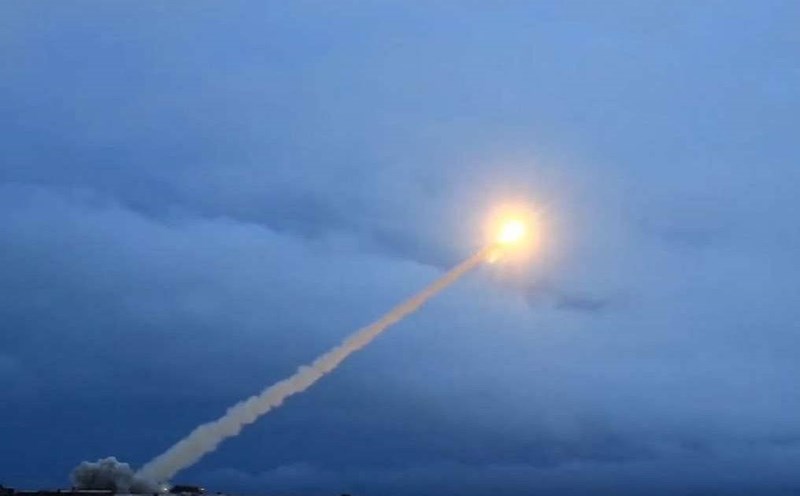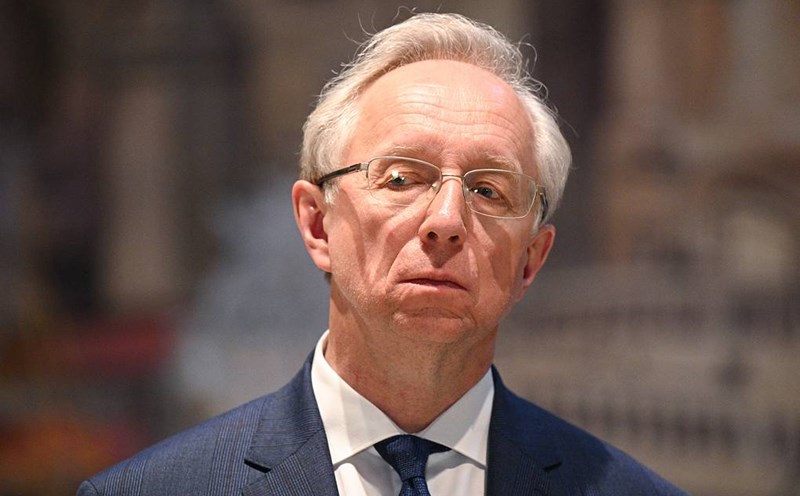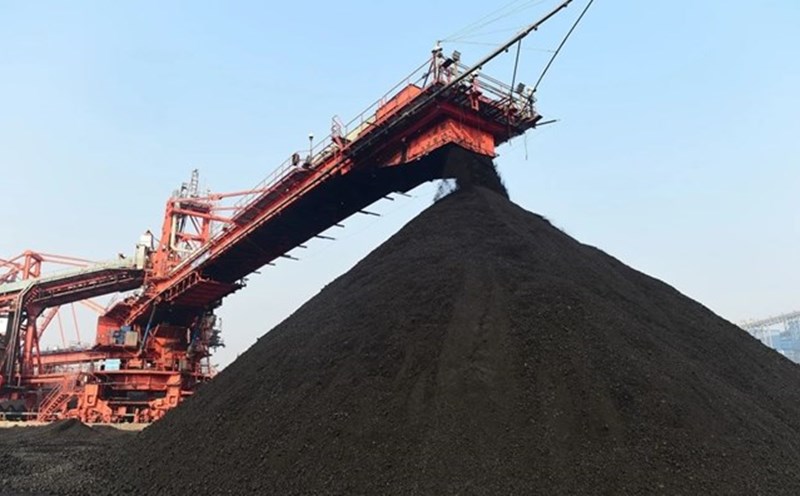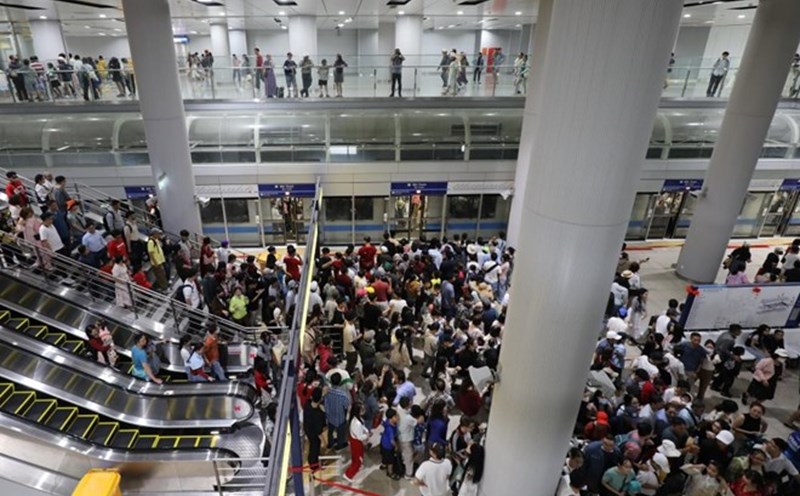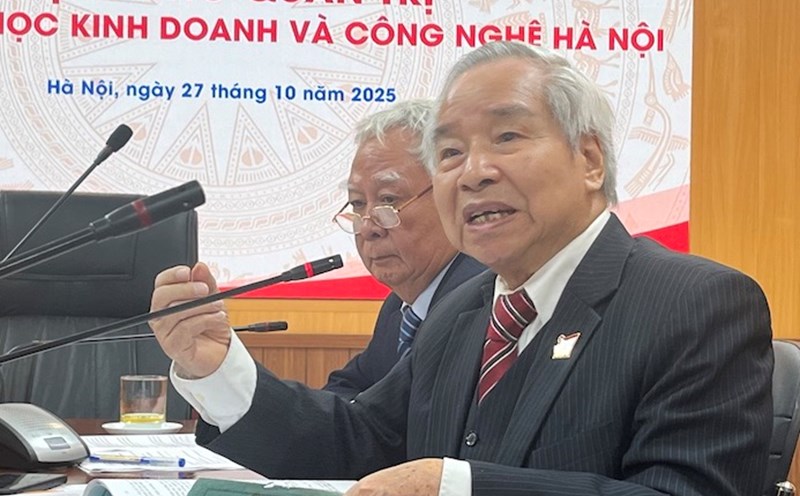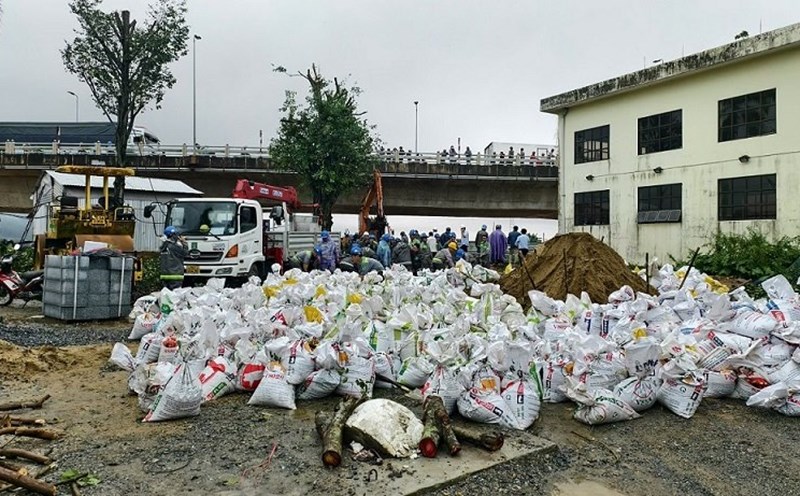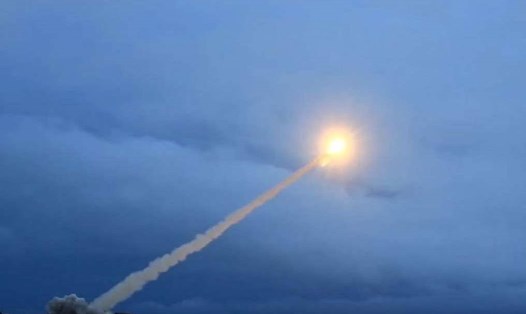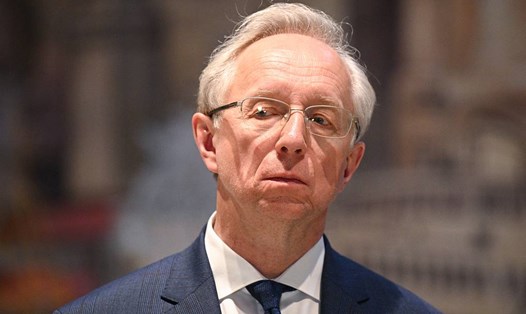Speaking at a conference in Minsk (Belarus), Foreign Minister Lavrov accused NATO of still trying to admit countries that are getting closer to Russia - despite his promise to the Soviet leadership that he would "not move even a little" in this direction.
The issue of NATO's eastward expansion has always been one of the most controversial and violating points in Russia-Western relations since the end of the Cold War.
The Russian side has always affirmed that in the early 1990s, during negotiations on German reunification, Western leaders, especially the US, made "promises" to Soviet leader Mikhail Sergeyevich Gorbachev that NATO would not expand its reach to the east, beyond the borders of the unified Germany.
Russia sees NATO's subsequent admission of a series of countries that were once part of the Warszawa bloc and even the former Soviet union regions as a treason, directly threatening Russia's national security interests.
In contrast, the West and NATO have always denied the existence of such a legally binding commitment, arguing that it is just informal exchanges and that Eastern European countries voluntarily apply for membership is their sovereign right.
Mr. Lavrov also accused the NATO expansion of "ignoring" the basic principles agreed within the framework of the Organization for Security and Cooperation (OSCE), especially the principle of " inseparable security". This principle affirms that no country can strengthen its security by harming the security of another country. Russia believes that NATO's move of military infrastructure close to Russia's borders is a violation of this principle.
According to the Russian Foreign Minister, the root of current tensions lies in the fact that the majority of NATO and EU countries refuse to accept the fact that the era of unipolar domination of the West has ended and a new multipolar world order, a new historical era, has been formed.
Mr. Lavrov emphasized that this is a fundamental difference in the worldview between the West and countries such as Russia, China, India and many other Asia- Europe countries, which believe that stability must be based on respect for equality of sovereignty and legitimate security interests of all parties.
Mr. Lavrov also blamed the West for systematically sabotaging important international arms control treaties in recent years, contributing to increased global instability.

